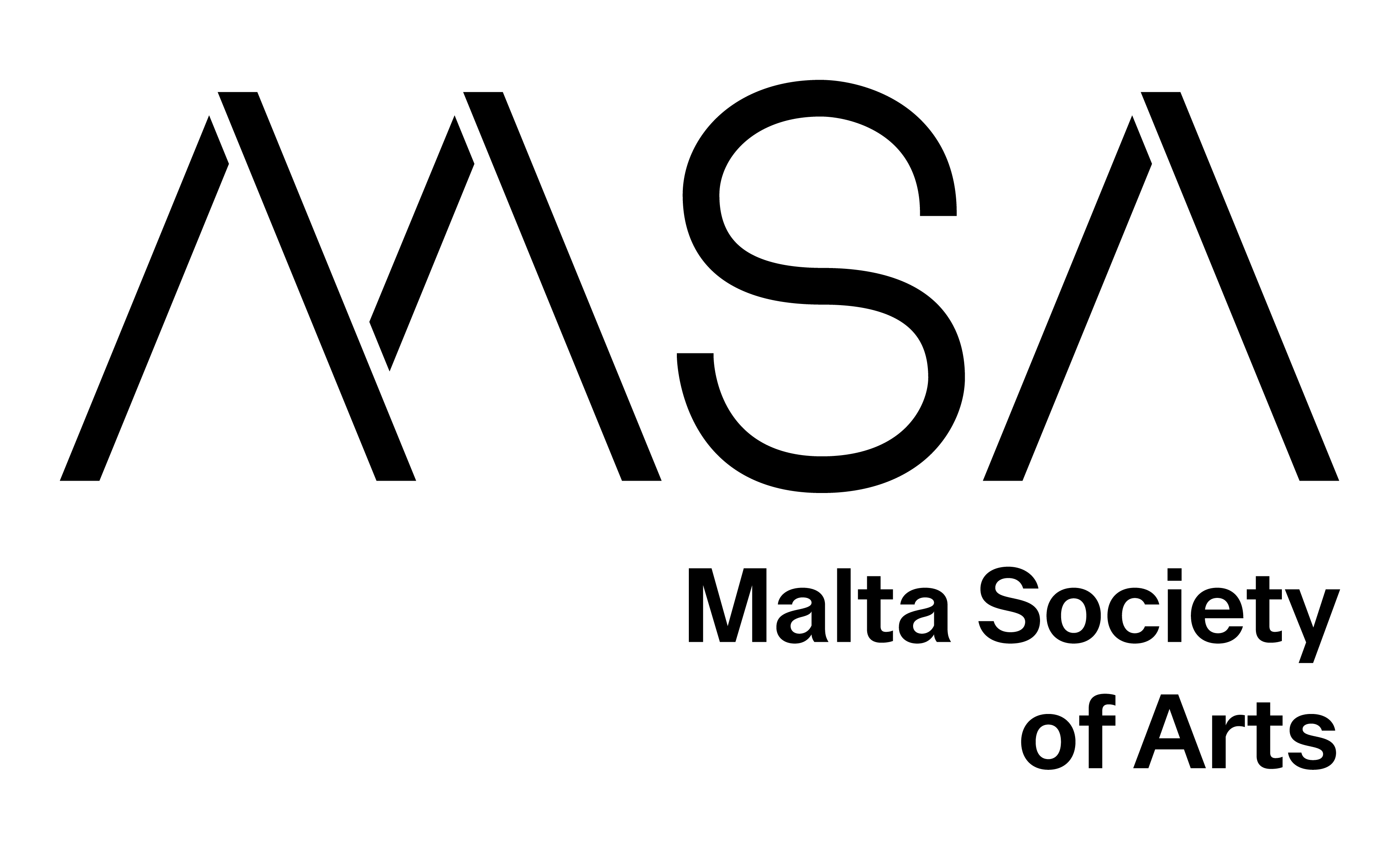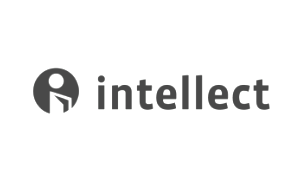Major cultural institutions struggle to engage diverse populations in their practices, programmes and collections. One of the key challenges facing such institutions is the tension between well-conceived scholarly programmes and being engagingly relevant to their local populations. The recent trend towards ‘immersive’ exhibitions and arcade-type entertainment points to a popularist info-tainment approach. What other modes are there that enable cultural institutions to share decision – making with communities in their regional sphere but still uphold their professional expertise? The tendency is to support either one or the other – but the aim should be to strive to do both.
To be successful, the contemporary cultural institution needs to connect with its place and communities. This requires their ability to publicly demonstrate knowledgeable, imaginative and collaborative practices that are locally specific as well as be relevant to a broad geographic reach. Such creative, social and geographic imperatives can often work against each other within the institutional framework of which demands the delivery of high quality and accessible programmes.
How can institutions step beyond their familiar modes of practice into collaboratively share decision- making and programming, in effect share power? This is one of the questions the Australia Research Council funded project that I am part of investigates. The Museum of Applied Arts and Sciences is an example of a classical 19th Century industrial technology and science museum, based in Sydney CBD, with a history of revered collections, a strong research culture with curatorial and exhibition skills. Our research investigates how MAAS will develop the Powerhouse Parramatta, a new institution in a rapidly changing yet still considered by many as an ‘outskirts’ location, but in reality, the demographic centre of Sydney. Parramatta region is a peri-urban densely multicultural area that, until now, has never had a major cultural institution. While it does carry with it, significant financial and organisational power, there is an opportunity for Powerhouse Parramatta to experiment with its collecting and programming practices. The new development can be viewed as a ‘space station’, landing in an ‘alien territory’ with its multiple functions of residential education, culinary archive and experimental cooking facilities, space and technology focus and state of the art 3D exhibition spaces on the banks of the Parramatta River. It can also be viewed as a ‘blank canvas’ without the historical collections and weight of the ‘stuff’ of museums. What will MAAS need to relinquish or gain to successfully collaborate with the local population? How have others addressed this challenge? This paper will present a number of options regarding institutional boundary crossing to transform institutional practices and cite examples of institutions such as the Helsinki library, Oodi and the San Francisco science, technology and arts museum, the Exploratorium, that have attempted the transition.
Dr Cecelia Cmielewski is a Research Fellow at the Institute for Culture and Society at Western Sydney University (WSU) with over thirty years’ experience in the cultural sector. She is the author of Creative Frictions: Arts Leadership, Policy and Practice in Multicultural Australia (2021, ANU Press). Cecelia’s research interests address inclusion in the creative sectors with a focus on the relationship between creative production and multicultural policies. Her current research role is on the ARC funded The Collaborative Museum – Embedding Culture in the City (2021-2025). Cecelia held Senior Policy and Project Management roles at the Australia Council, the Federal Government’s arts agency between 1998 and 2011.
Back







